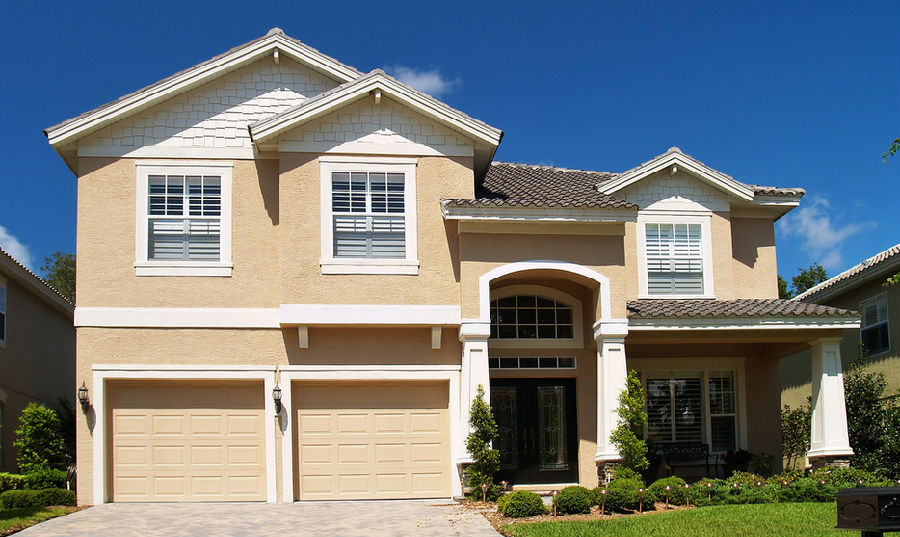(单词翻译:单击)

Xiaohua: 欢迎来到本周的词汇小百科,RoundTable’s Word of the Week. This week, we are talking about “villa.” The reason is that in our show we were talking about some of the Chinese rich people who want to buy these fake castles.
John: Right. We started talking about the Chinese word bieshu is used in a way that’s really not very indicative of the way it’s actually used in English. Originally, the word “villa” actually comes from the meaning of “an ancient Roman upper-class country house.” Villas are actually the predecessor to what you might call a plantation these days. It was a large house, a very, very large residence, but attached to that residence was also a farm and so many of these ancient Roman villas were actually self-sufficient.
XH: Villa翻译成中文就是别墅。我们一般觉得别墅就是house,独栋的房屋,但原来咋英文里,villa指的是带很大一块地产的房屋。
John: And even more recently, if we look at the 19th and 20th century, in Europe, the term “villa” became used to describe detached mansions. Even then we see in more modern usages what Chinese people call “villa” is not really the way that we use it in English.
XH: So even today, when the English speaking people talk about what Chinese people refer to as bieshu, they’re actually really just talking about houses.
John: Exactly. And so what they’re describing more is probably what we would actually a townhouse. A townhouse is usually, it’s a type of medium-density housing usually, but not always, terraced or semi-detached. So, row-housing, so, two or three floors of housing with a very small actual ground footprint, which is what we usually see when we’re talking about bieshu or villas in China.
XH: Townhouse既可以指联排别墅,也可以指那种独栋的房屋。
John: It’s also made me think of the word dasha, in Chinese, which is usually translated as “mansion.” However, we see a lot of these supposed mansions are actually more like office buildings or something like that or perhaps even they house department stores whereas a “mansion” in English, the way that we use it, is literally, it’s just a huge house.
XH: Mansion是独栋的住宅,在中文里也被用于泛指所有的大厦。And, I don’t think in any Chinese usage of “mansion” they mean a property with some greenery around it.
John: No, I really don’t think they do. A mansion actually comes from through Old French from Latin which just means “dwelling,” so mansio which means dwelling as well as the verb “to dwell.” Actually, the English word “manse” was actually defined as a property large enough for a parish priest to maintain himself. Also, interestingly enough, in more day-to-day usage, more slang in America, we have a new word that we’ve created called a “McMansion.” Basically, it describes a very quickly and cheaply built large luxury home. “Mc” obviously comes from McDonald’s and so the idea is it’s built on the factory line and somehow put there. You can buy a large home for fairly cheap, but it’s low quality.
XH: 所以也许McMansion可以翻译成土豪式的别墅?
John: Something like that, yeah.
XH: And that’s all we have for Round Table’s Word of the Week.


